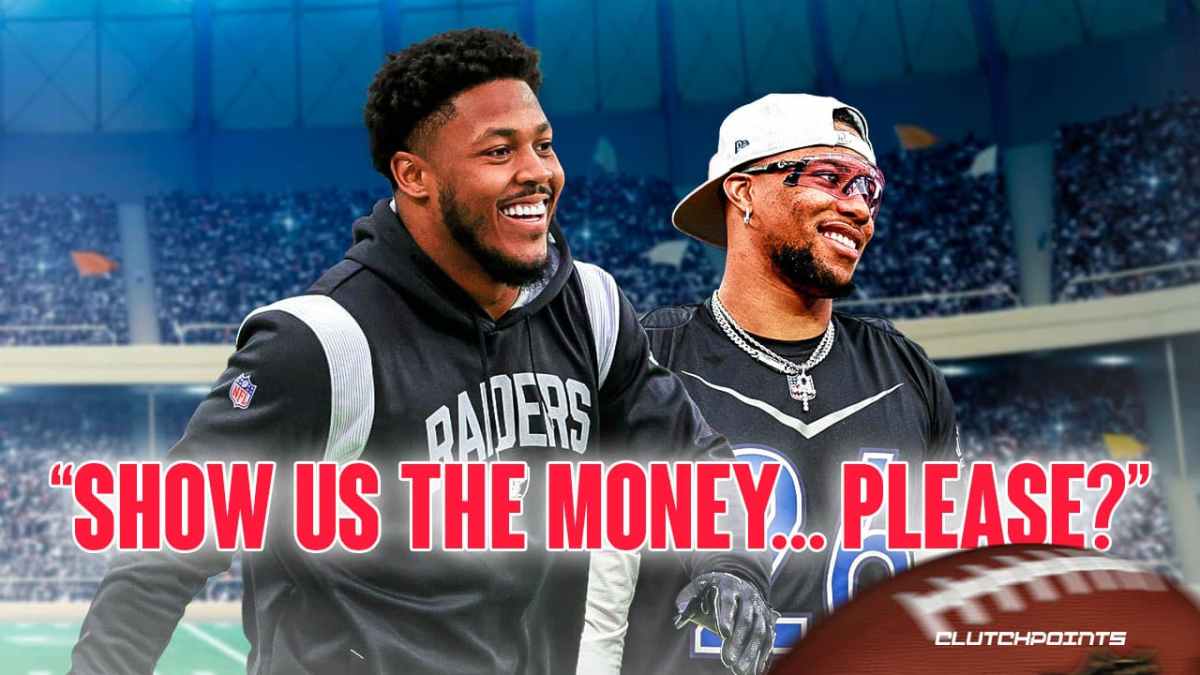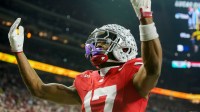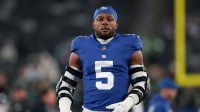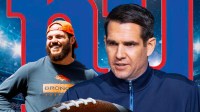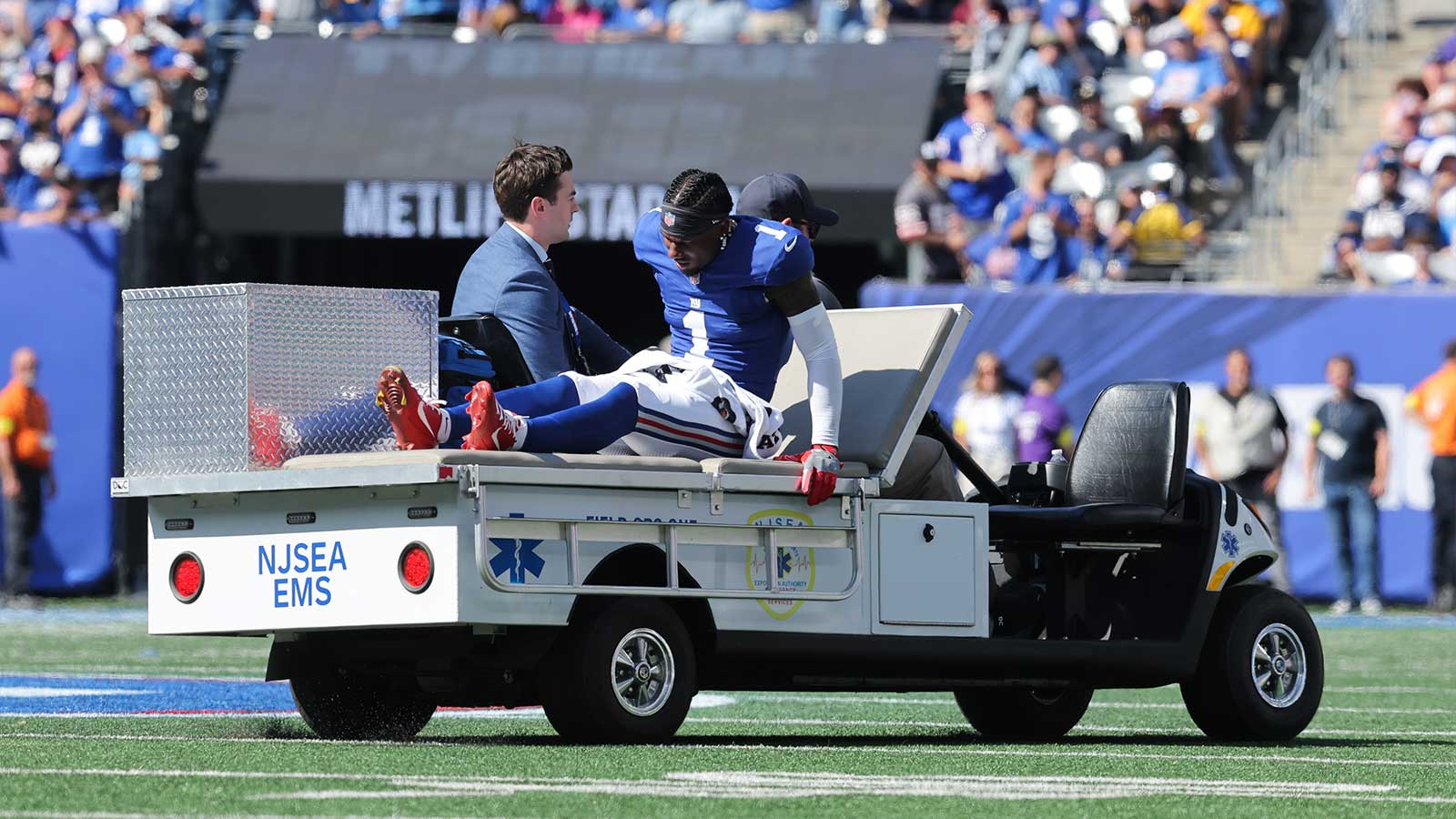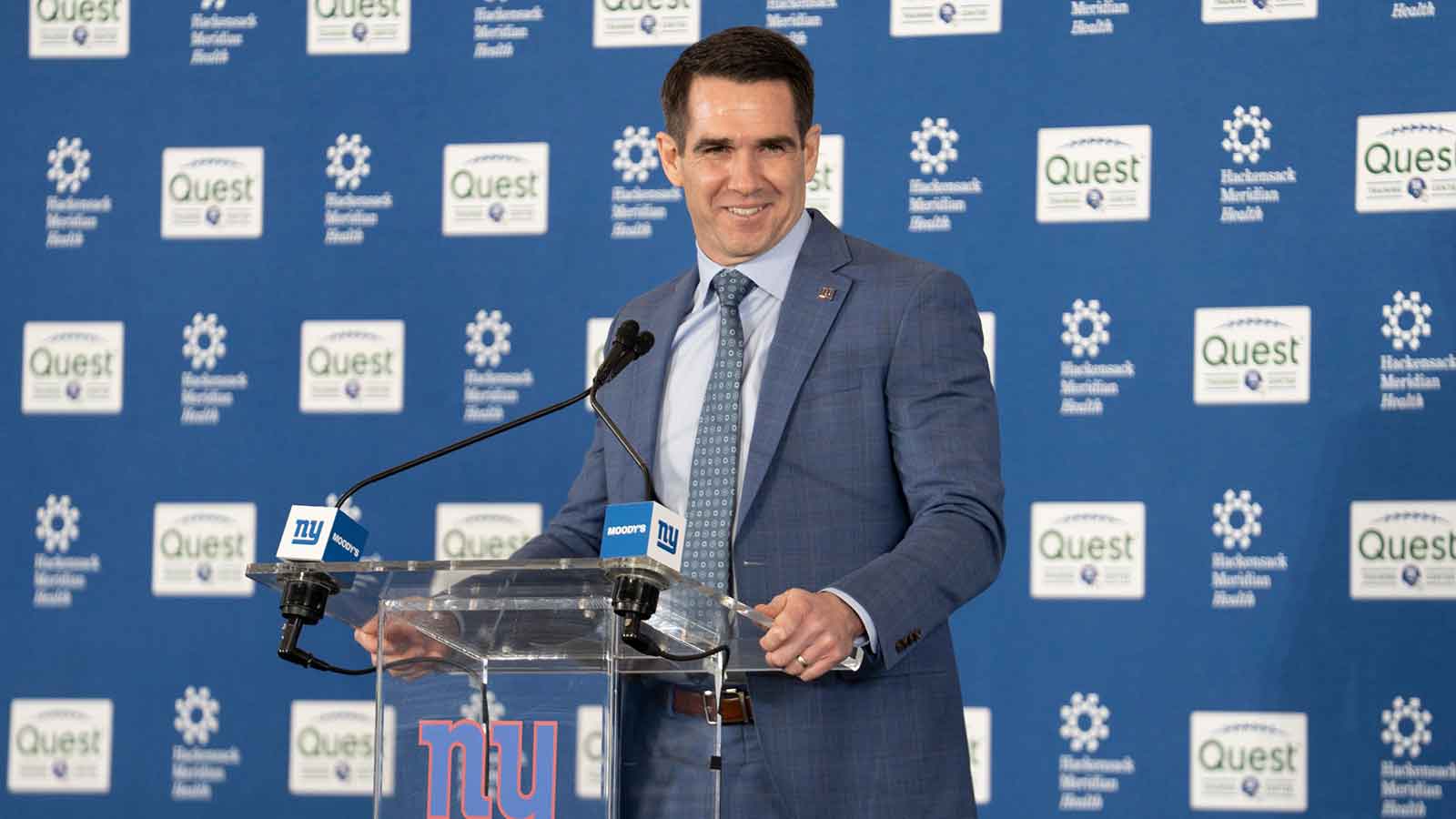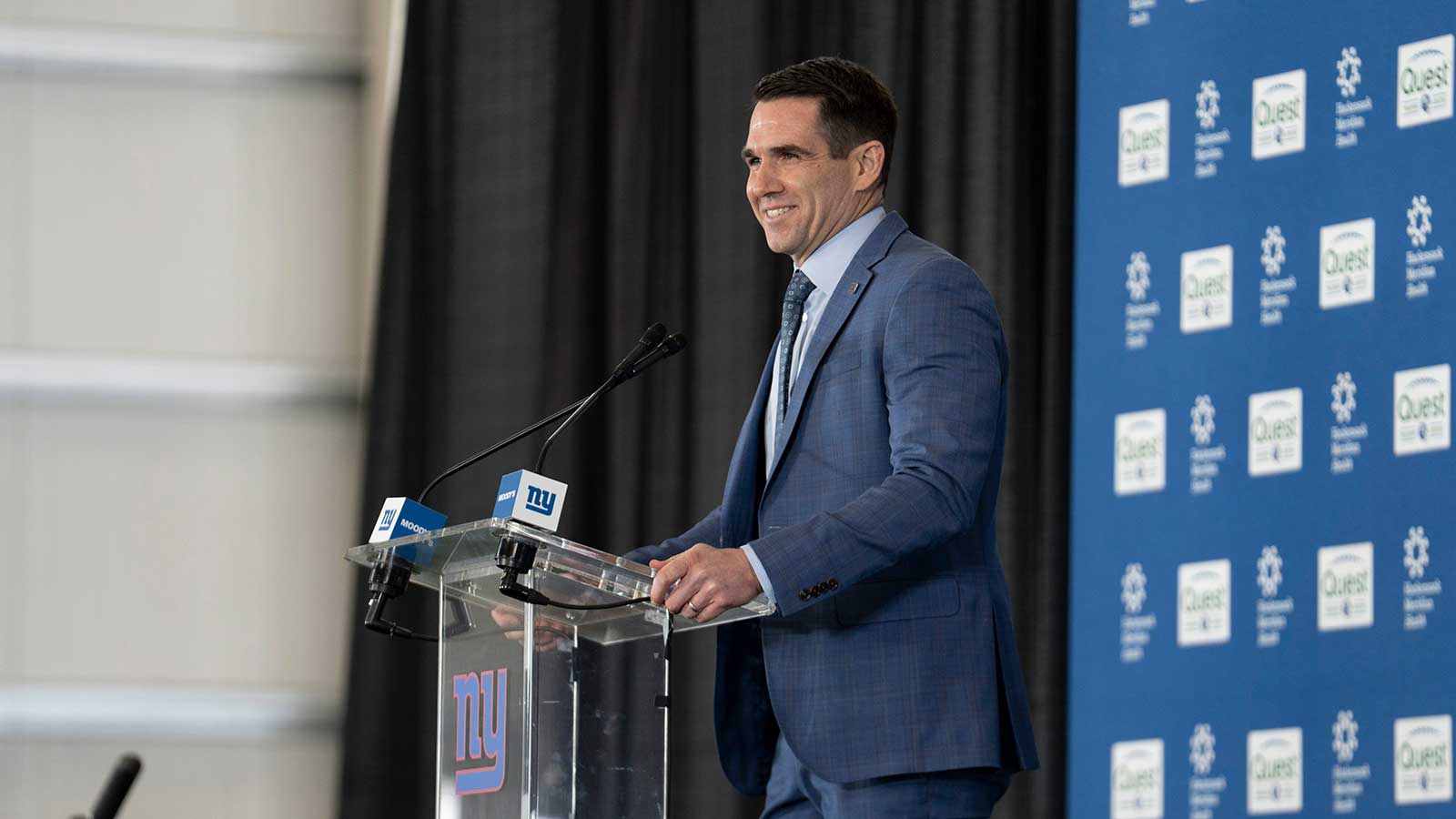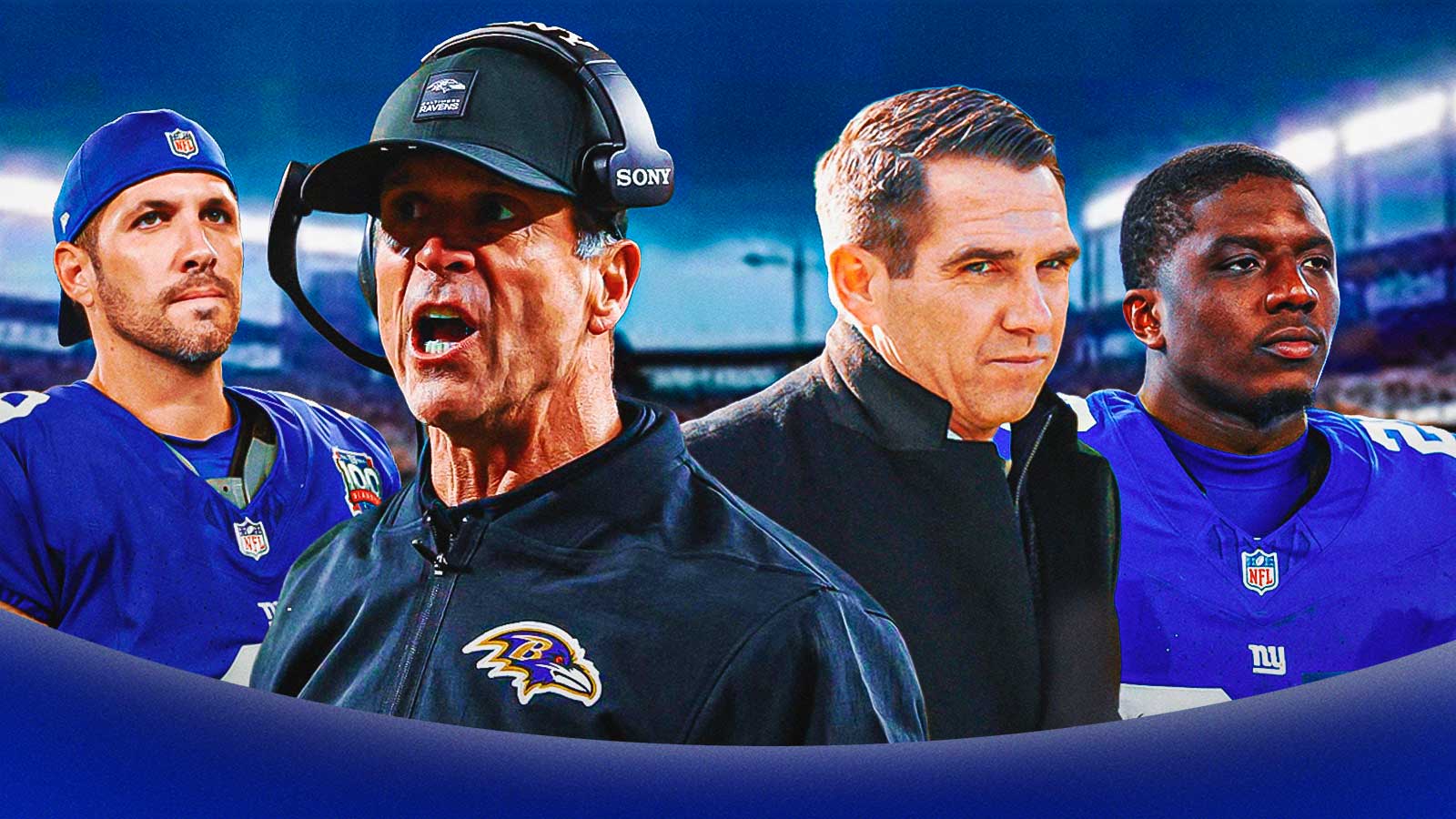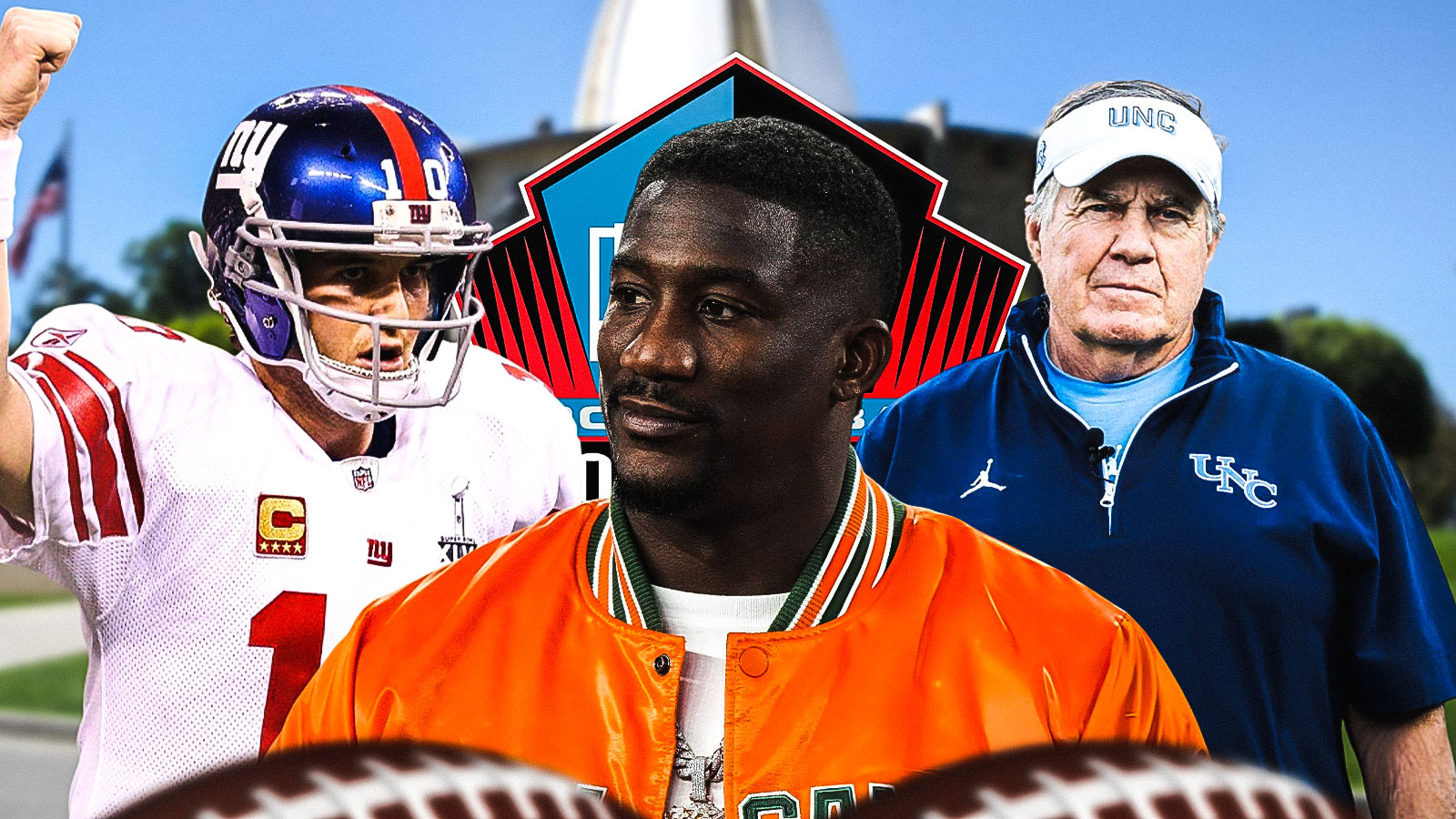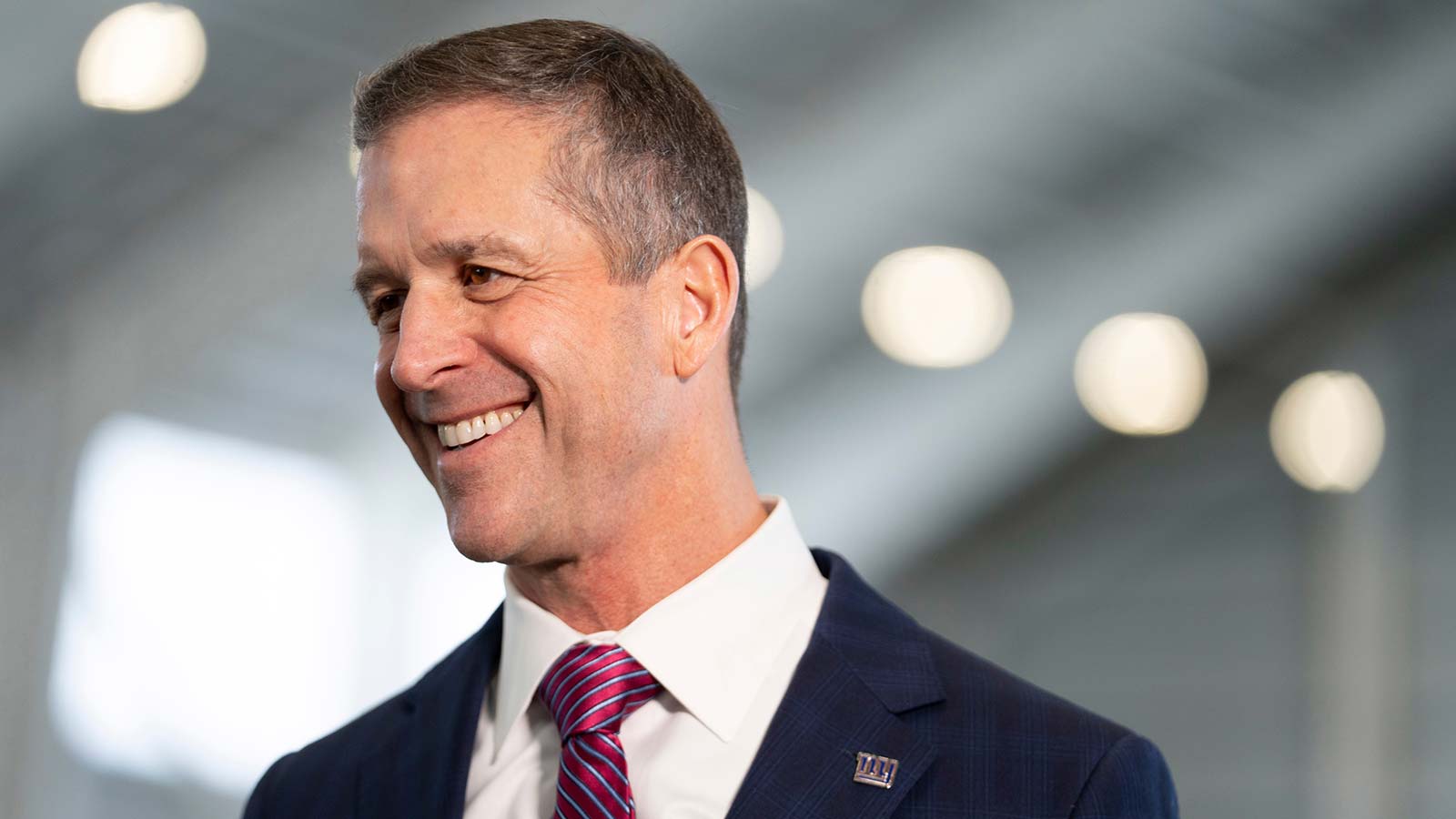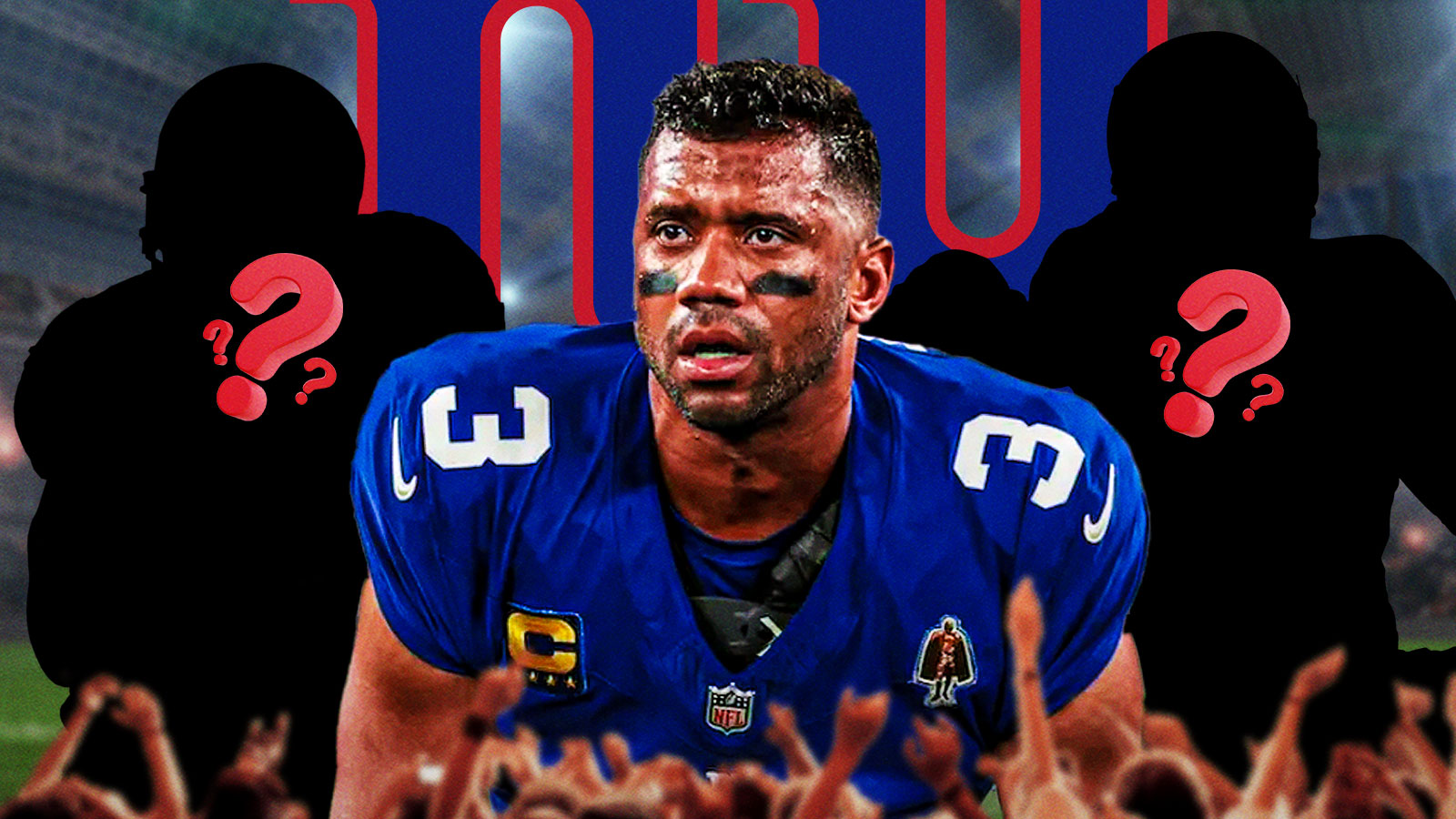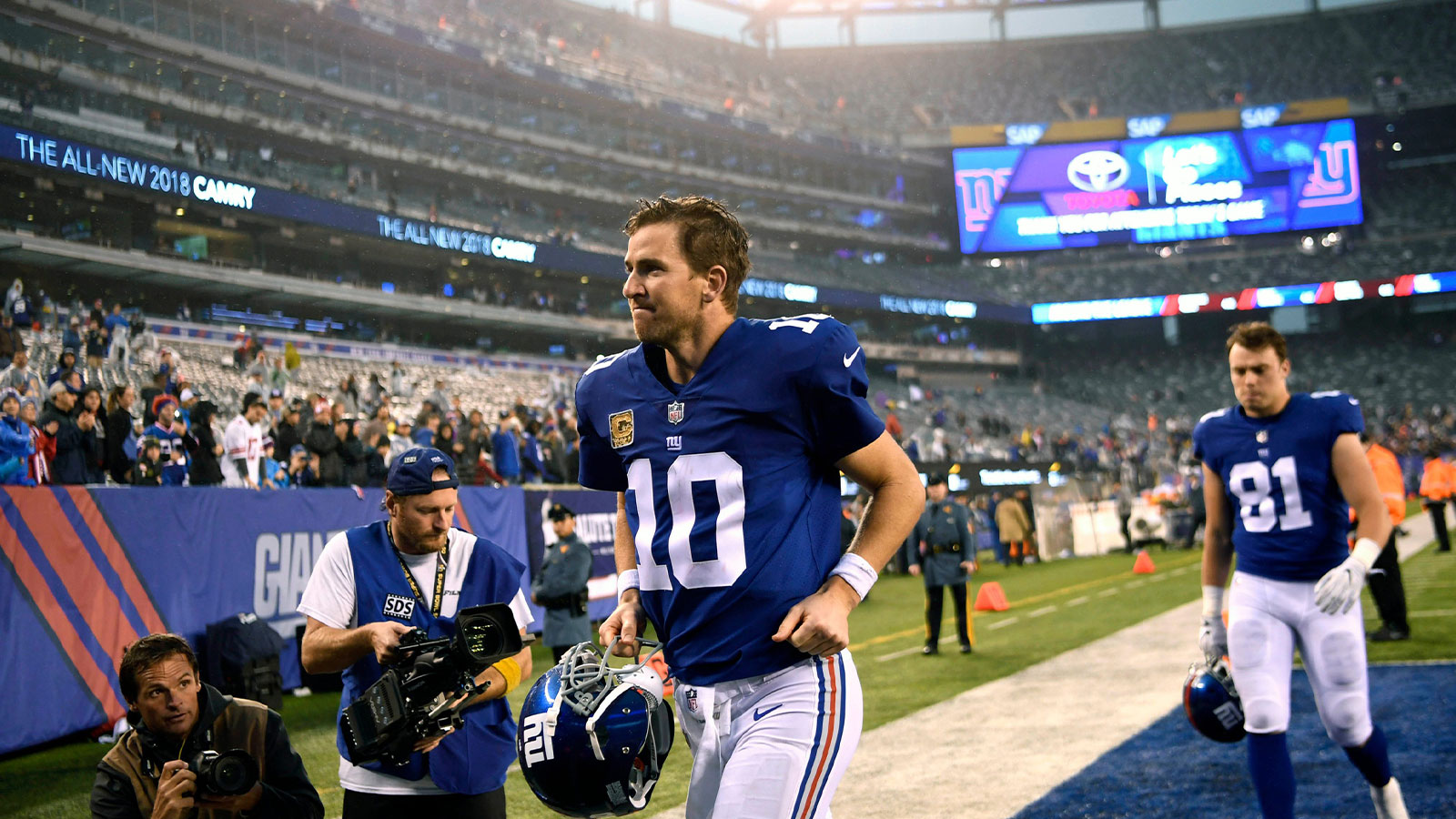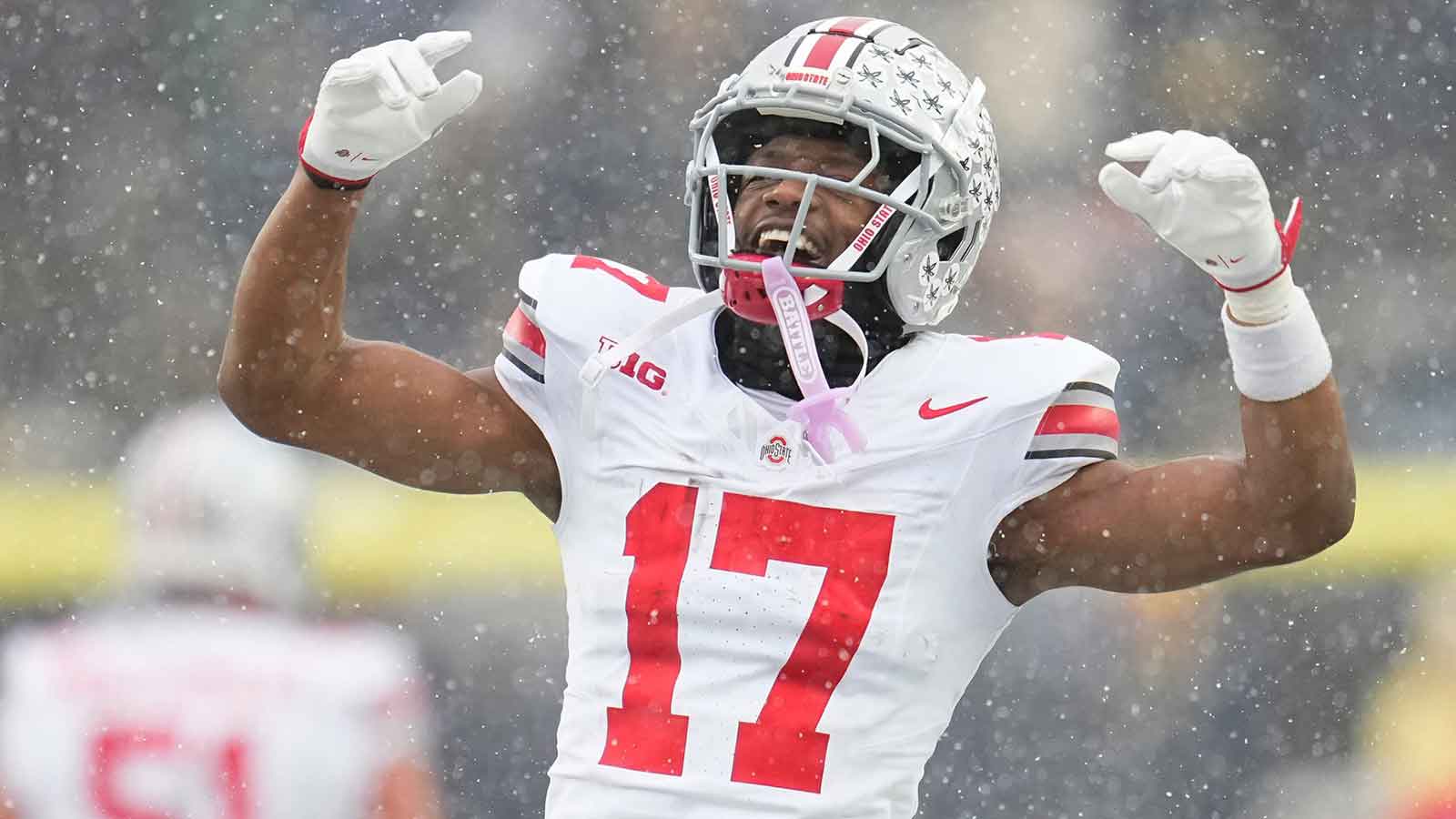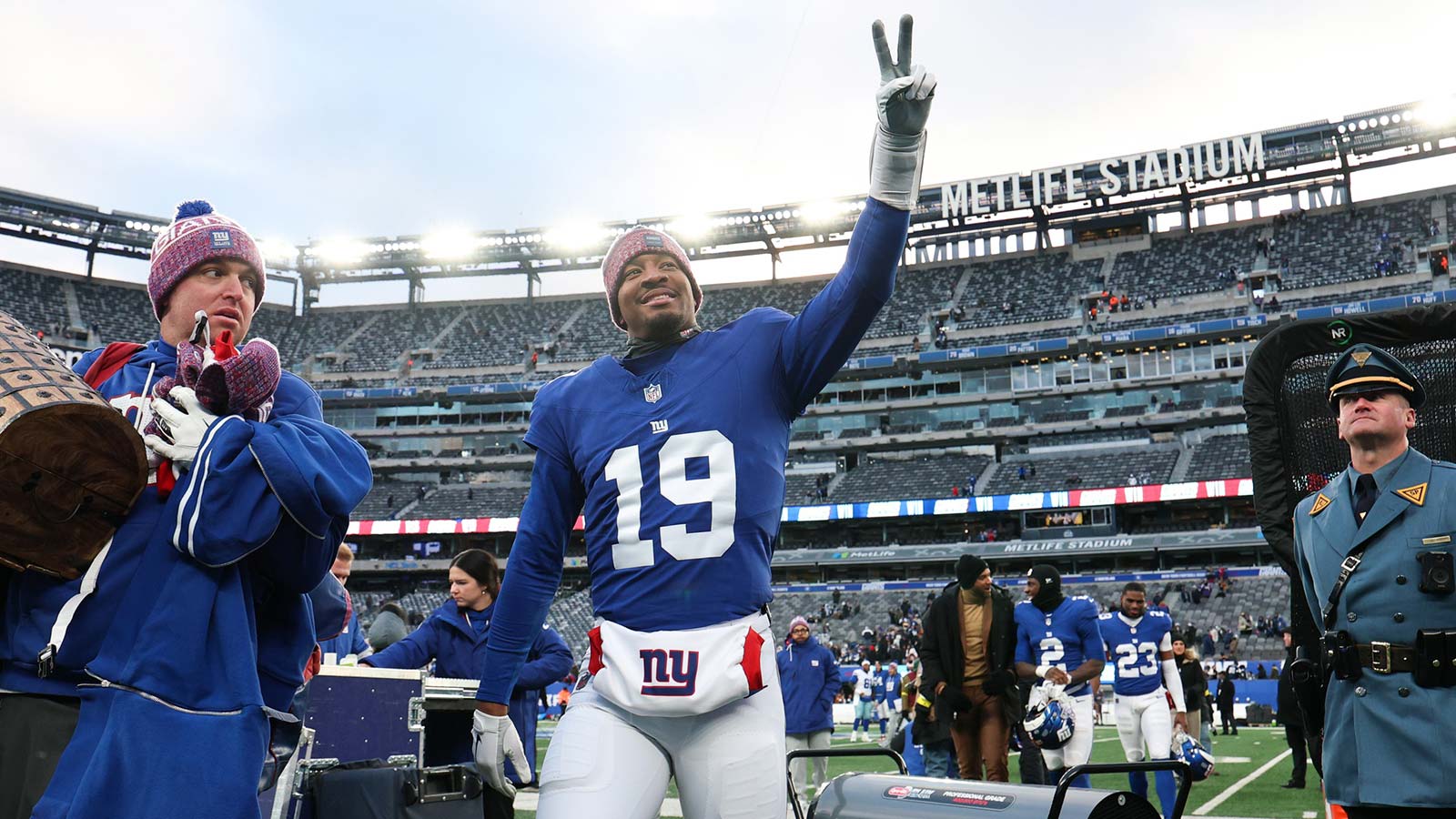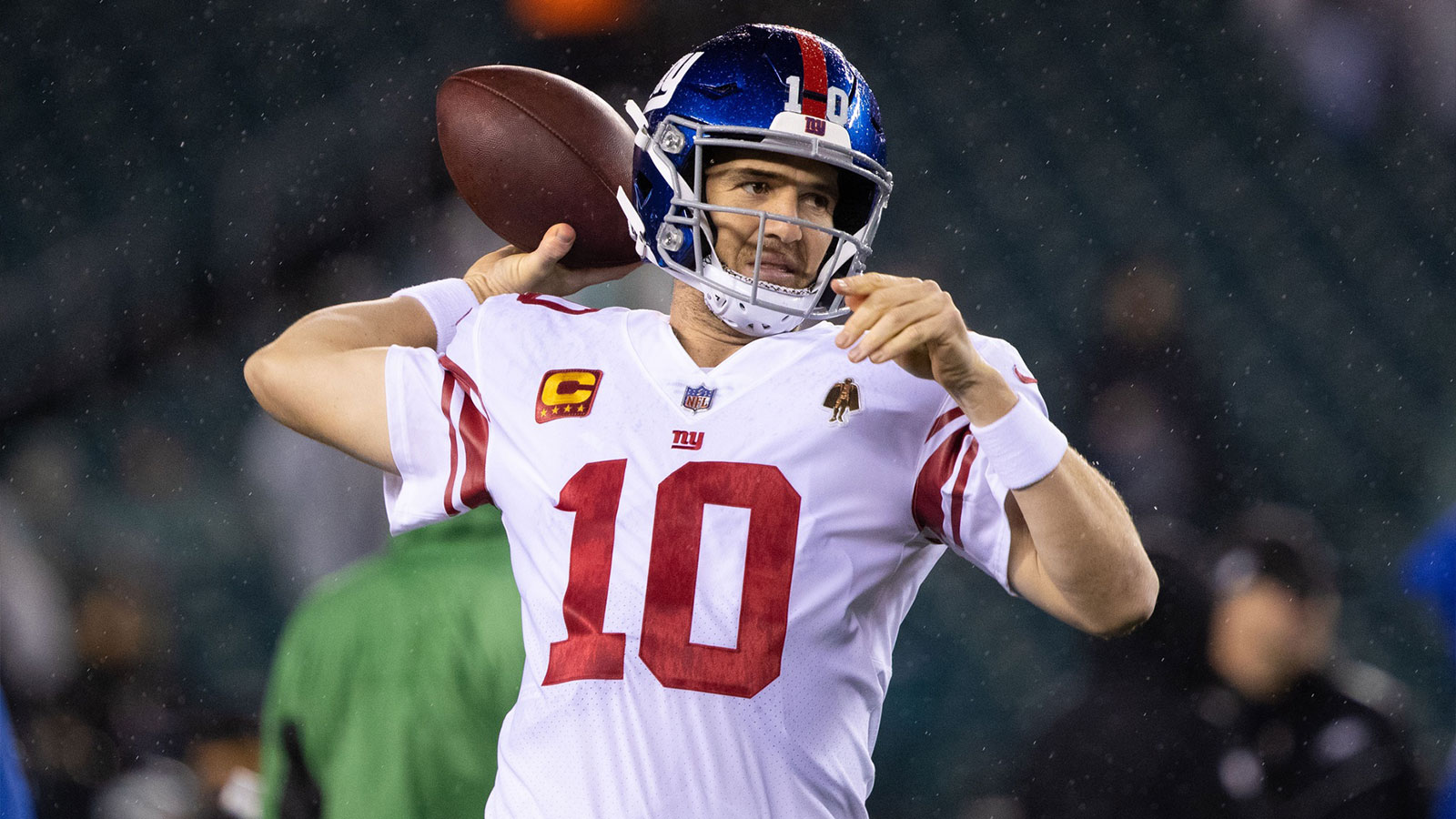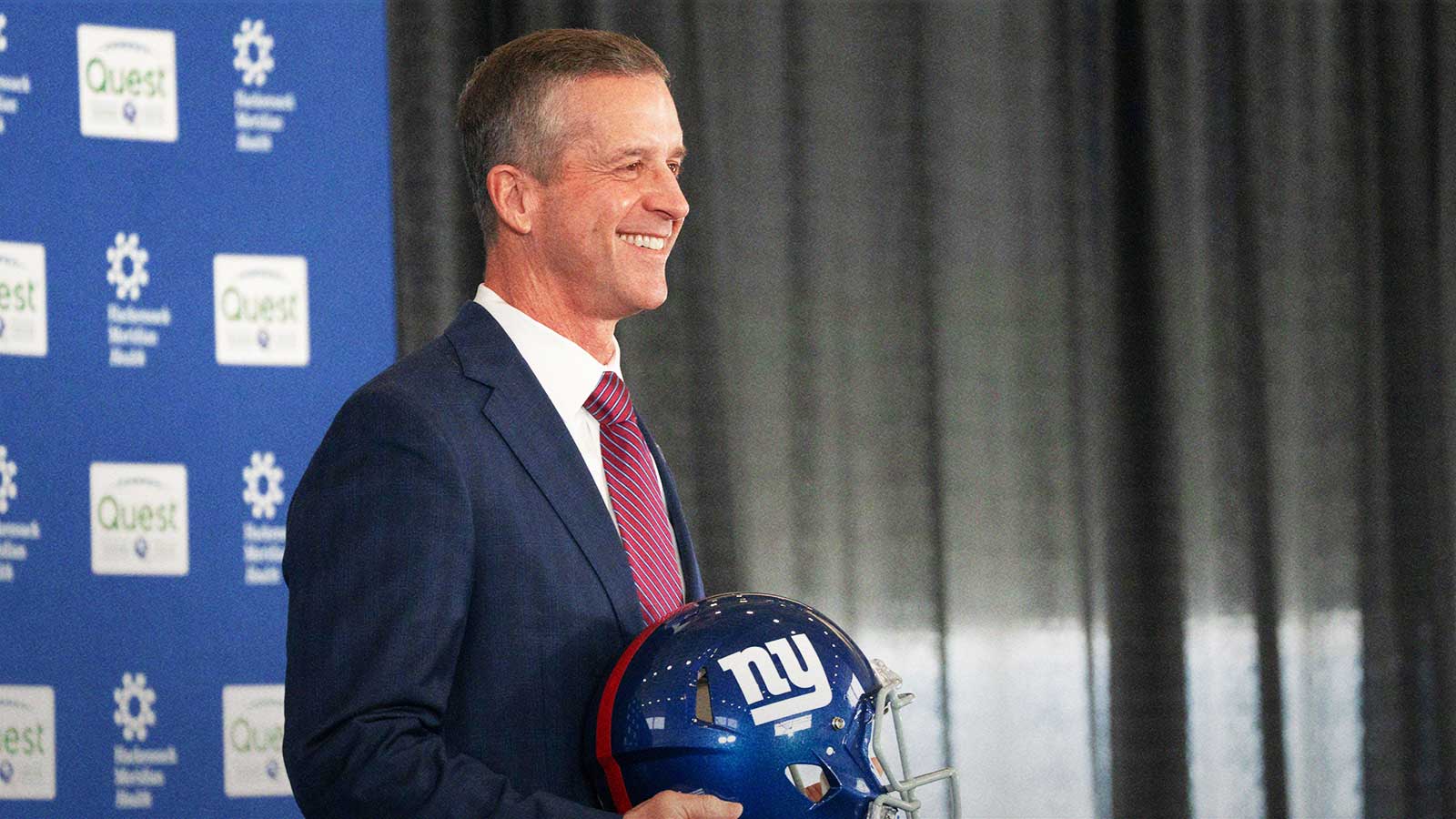For Saquon Barkley and Josh Jacobs, they find themselves at a critical juncture in the ever-evolving landscape of the NFL with their respective teams in the New York Giants and Las Vegas Raiders. They stand as martyrs, faced with a difficult decision: either persist in their belief that they deserve more than what the current running back market offers or succumb to the new normal that defines the league. Their choices are simple: life or death, playing or not, being paid somewhat or perhaps not at all.
Saquon Barkley and Josh Jacobs aren't part of the new NFL
This is the NFL now, where the only thing outdating running back's value is leather helmets. But it's not as if the position has merely disappeared, or that running the ball is the equivalent to what the forward pass was before it used. The only thing that's disappeared is the money.
It's not as if running backs aren't still producing, too. Barkley and Jacobs, the defendants here, produced sizeable portions to their teams overall offense last season, yet they're at home tweeting about their dissatisfaction with their situation instead of at the practice fields with their respective teams.
The running back market has crashed
The running back market has crashed harder than the housing market did in 2008. The only thing that could have made it crash harder is if Bane from The Dark Knight Rises infiltrated it. In this case, you could say Sean McVay played the part of Bane, though. At least that's what former Denver Broncos running back Melvin Gordon thinks, where on the Jim Rome Show he called the running back position “literally the worst position to play in the NFL right now.”
Is he right?
“In my opinion, I think after Todd [Gurley] got paid and then Sean McVay came out and said, ‘I will never pay a running back again; I’ll just use them and rotate them out,’ I think after that statement was made — and then I think they won the Super Bowl — it was like everybody just followed suit, I think,” Gordon said. “I kind of think that’s where everything just started going downhill.”
Gurley accomplished every possible accolade there was in his first four seasons with the Los Angeles Rams, which earned him a four-year extension worth $57.5 million in 2018. That quickly ended up costing the Rams, as after Gurley signed, he never quite produced the same as before and was eventually released just two seasons later. The market hasn't been the same since, which is why teams like the Giants and Raiders aren't paying now.
Typically, the value for each position goes up almost yearly, with at least a 74% increase since 2011, according to PFF. But that hasn't been the case for running backs. And that's a trend that will likely continue. The franchise tag for a running back, for instance, peaked out in 2017 at just over $12.1 million. It's almost $2 million less now.
Rules place emphasis on quarterbacks, wide receivers
The NFL continues to place emphasis on the passing game, and if that weren't evident enough, just look at how the quarterback market reset itself twice within a week this offseason with Jalen Hurts and Lamar Jackson. That, along with the rise in wide receiver pay over the last couple seasons tells you that the game is centered around a particular group. This shift has diminished the significance of traditional ground-and-pound running backs. Therefore, it must be taken into account the emphasis on rules that adhere more to the offense now, particularly the protection of the quarterback and wide receivers.
Passing interference penalties saw a significant decline last season, dropping from 308 called in the previous year to 233 in 2021. Similarly, roughing the passer penalties decreased from 154 in 2021 to 93 last season. The reasons behind this decline could be attributed to defenders showing more restraint towards quarterbacks and receivers, adhering to the new standard of rules, or referees making fewer marginal calls. Regardless of the cause, the evident decrease in penalties highlights a notable shift in the game.
The prevailing assumption is that the rules now heavily favor the offense, prompting coaching staffs to adapt their strategies accordingly. This shift has resulted in the exponential growth of the markets for quarterbacks and receivers, while consequently running backs are now presumably being overlooked and undervalued.
The Giants, Raiders were right not to pay
Running backs, more than any other position, endure immense physical punishment throughout their careers. The wear and tear on their bodies, coupled with the short average lifespan of running backs in the league, make long-term investments risky for teams. Barkley and Jacobs, despite their talents and contributions, must contend with the understanding that their peak performance years may be fleeting, and injuries can quickly derail their careers. Therefore, why would teams pay them?
It's really hard to argue against the Giants and Raiders, or any other team that has refused to adhere to the contract demands of running backs like Barkley and Jacobs. Teams have learned from cautionary tales involving other running backs who secured lucrative contracts only to face declining production or succumb to career altering injuries. Simply put: the running back position no longer commands the premium it once did.

